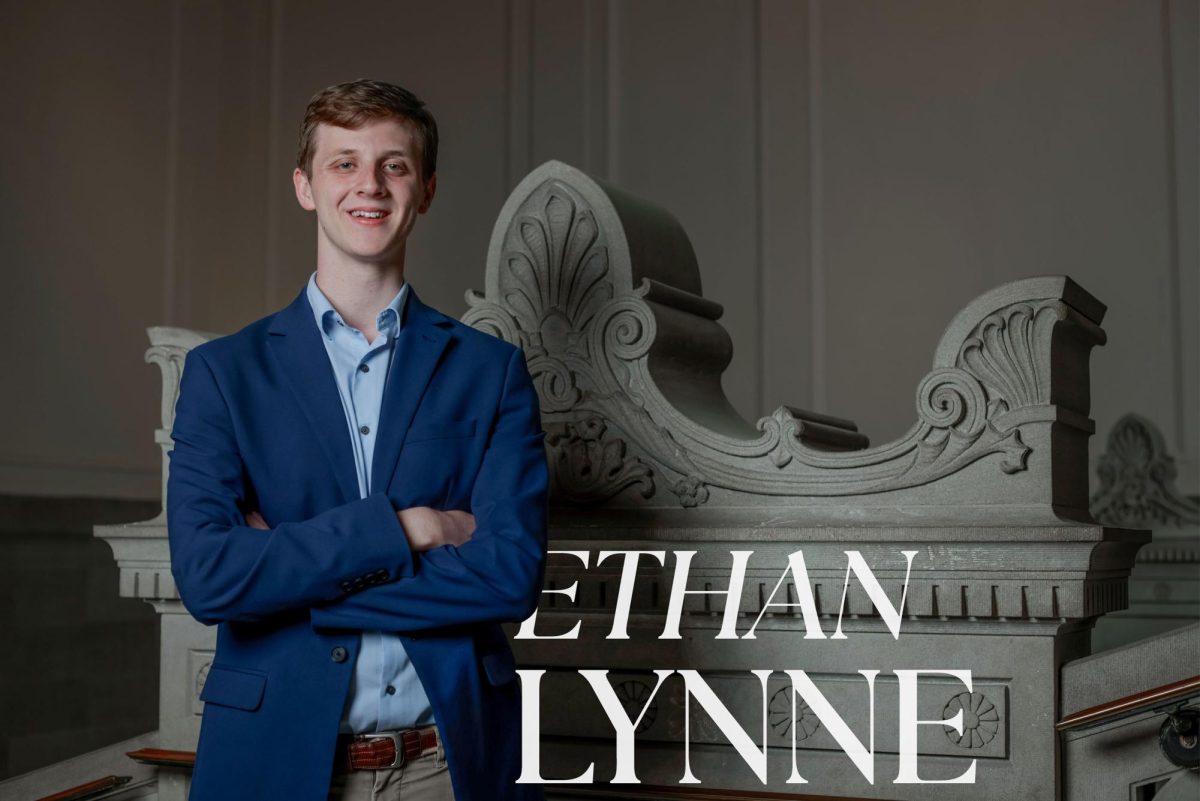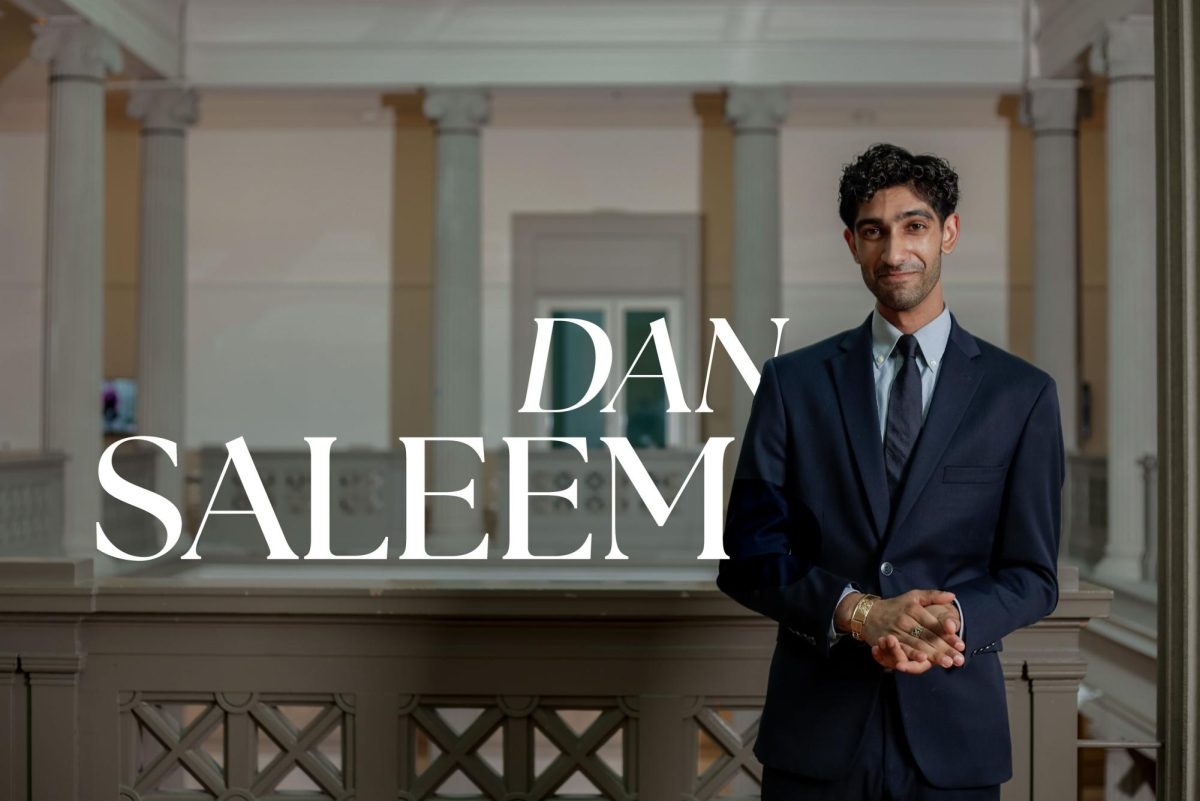The University’s student life arm is worried this year’s record number of student organizations might mean future budget crunches and over-extended advisers.
If the number of registered organizations continues to grow as Associate Dean of Students Tim Miller predicts, advisers may be re-assigned based on the time required by each organization.
A record 471 student organizations registered with the Center for Student Engagement this year – an increase from close to 400 at the end of last year.
Miller said this year saw an unusual amount of growth in new organizations, after about 20 more organizations than normal registered for the first time. In past years, between 100 and 150 groups burned off by choosing not to renew their registration.
“I don’t know what the reason is, why there’s so many groups, and I think that’s one of the challenges of being at GW, is people want to join – they want to start something,” Dean of Students Peter Konwerski said.
Last year, to stem the unfettered growth of organizations, the University’s student life arm implemented new policies for registering groups, raising the minimum number of members from five to 10.
Miller said he does not have plans to raise the threshold for group membership.
“I want to fight it out another year. I think it was a good change to make, but I tend to be more patient, I think. I say, ‘Let me try it for more than one year and see what happens,’ ” Miller said.
To meet the rising needs of student groups, Miller said he would look for University staff outside of the CSE to step into advising roles. The student life arm already uses outside advisers from the Multicultural Student Services Center.
Each student group is assigned an adviser who deals with contract processing, event coordination and making sure their groups are staying within rules for student organizations. They also offer guidance about how best to run the group, which includes running meetings and motivating group members.
Within the CSE there are 26 advisers. About seven advisers are assigned between 30 and 40 student organizations, and a handful of advisers oversee more than 60.
Jeff Llewellyn, director of the First Year Experience and adviser for seven student groups, said the current model of assigning advisers to organizations with a general theme, such as theater groups, may disappear. The CSE is considering reassigning advisers to groups based more on how much time each group requires.
Some organizations just take more attention than others, Llewellyn said, which the current model doesn’t take into account. The new model would look to balance the number of time-intensive student organizations with less demanding ones.
Overseeing more than 60 organizations requires that advisers spend the bulk of their time doing administrative work, which can prevent them from developing personal connections with their student groups, Miller said.
“If I could get, even those program coordinators who have 60 [groups], if I can get them to 40, then they could do even a better job and have more relationships than they have now. That would be my goal,” Miller said.
Nicholas Sampogna, a coordinator in CSE, advises between 30 and 40 student organizations.
Sampogna said that there is a difference between groups dubbed “high-touch” – requiring much more attention and time – and “low-touch,” or groups that are mostly self-sufficient. He said his groups are a mix of the two, which allows him to build relationships of varying degrees with them.
Next year, when student organizations vie for money, the Student Association’s currently stagnant $1 million pot, which relies on student fees, will likely be forced to stretch across an even larger amount of organizations than it does this year.
For the first time in four years, all students will pay the same Student Association fee, a $1.50 per credit hour charge that is matched by a 50-cent contribution from GW. In 2008, the Student Association increased the fee from $1, a change that only applied to incoming classes.
“Every student organization is probably going to see some kind of cut, but that being said, there will not be some across-the-board cut,” said Sen. Alex Mizenko, SPHHS-U, and incoming chair of the Student Association Senate Finance Committee.
If the number of student organizations continues to rise, Mizenko said he plans to encourage groups to rely more on fundraising and grants to supplement their SA allocations.





